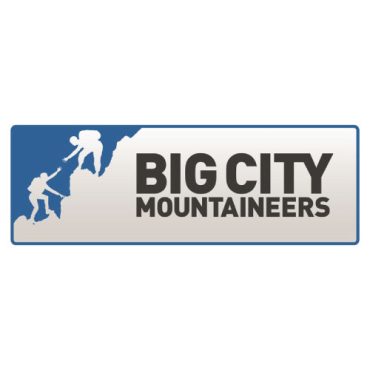“Water does not always flow downhill, it flows towards money…”
Brant Harrison of Kokepelli farms in Palisade has been growing peaches for more than 3 decades. He has been fully organic since 1991. In his giant walk in freezer, he keeps his prime peaches at just the right temperature.
“The peaches are stored at 34 degrees. There’s a dead zone for peaches between 36 and 50 degrees, and that’s where your refrigerator is set at, I would guarantee. That’s why we set this at 34 and try to get everything that cold before we ship it out.”
-
 play_arrow
play_arrow
Dispatches From The River: Concerns About Water in Colorado’s Fruit Basket kgnu
Harrison plans to ship out 20,000-25,000 20lb boxes of peaches to grocery stores from Colorado to Minnesota.
Fruit growers in this valley enjoy a micro climate and winds that push frost to the edge of the valley, making an ideal growing location for peaches, cherries and grapes. They also enjoy senior water rights on the Colorado River and access to snow melt from the neighboring Mesas…that means for now, they’re not as worried about water as other farmers elsewhere in the state. But Harrison says, they’re certainly looking to the future and the impact of even more diversions to the Front Range and reduction in water due to a changing climate.
“Water does not always flow downhill, it flows towards money and agriculture on the whole is not going to be able to pay as much as Denver Water for water, so there’s been so much water transferred to the eastern slope from the western slope, people don’t realize how much has been. Somewhere or another it’s going to have to come to head so we’ve got to figure this out.”
In addition to the trans mountain diversions, Harrison is also looking downriver to the other water users in the Upper Colorado River Basin and the drier Lower Colorado River Basin.
“We’ve also got to realize that there’s the Colorado River Compact. We have to send so much water downstream, that’s going to be playing a lot bigger of a deal because Lake Powell is not full, Lake Mead is not full and there are projections that they’ll never fill up again but they’re going to need more and more water. You know they’re going to punch a hole under Lake Mead to draw it down even further…that’s a bank…but it’s getting dry, so we’ve got to deal with that.”
KGNU news director Maeve Conran is on the Colorado River this week meeting people impacted by changes in water flows due to water diversions to the Front Range and climate change. We feature these stories in the series Dispatches From The River.
-
 play_arrow
play_arrow
Dispatches From The River: Concerns About Water in Colorado’s Fruit Basket kgnu
Podcast: Play in new window | Download



















